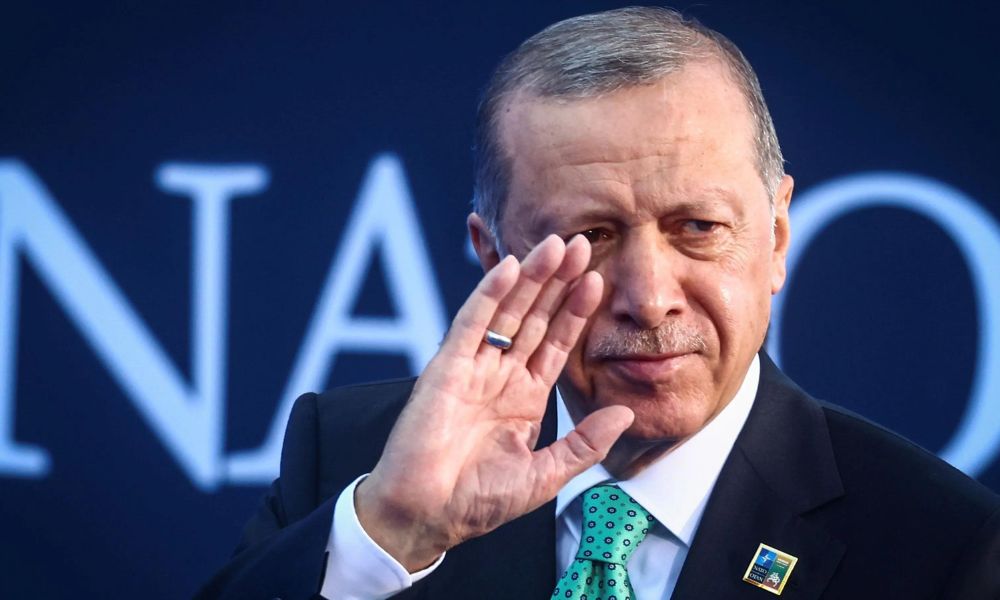
History is a relentless teacher, and its lessons often shape the destinies of nations and peoples. One such poignant chapter in history is the Armenian Genocide, a cataclysmic event that unfolded during the early 20th century and forever altered the identity and diaspora of Ethnic Armenians. This blog will delve into the profound and lasting impact of the Armenian Genocide, exploring how it has influenced the identity and diaspora of Armenians around the world.
The Armenian Genocide, which occurred between 1915 and 1923, was a systematic campaign of violence and mass killings orchestrated by the Ottoman Empire. It resulted in the deaths of an estimated 1.5 million Armenians, along with the forced displacement and suffering of countless others. The genocide was characterized by deportations, massacres, forced labor, and starvation.
Despite the immense suffering and loss, the Armenian people have demonstrated remarkable cultural resilience. The survival of the Armenian language, cuisine, music, and art, both within Armenia and in diaspora communities, is a testament to their enduring cultural identity. Traditional Armenian values and customs have been passed down through generations, helping to preserve a sense of unity and belonging among Armenians worldwide.
The Armenian Genocide is an integral part of Armenian collective memory. It serves as a poignant reminder of the importance of preserving one's cultural heritage and identity. Armenians have worked tirelessly to ensure that the world remembers the atrocities of the past and acknowledges them as genocide. This commitment to remembrance has played a pivotal role in shaping the contemporary Armenian identity.
The Armenian Genocide forced millions of Armenians to flee their ancestral homeland. As a result, there is now a significant Armenian diaspora scattered across the world, with large communities in countries such as the United States, France, Russia, and Lebanon. These diaspora communities have evolved into vibrant centers of Armenian culture and identity.
Ethnic Armenians in the diaspora have made significant contributions to their adopted countries and have played active roles in advocating for Armenian causes on the global stage. They have helped to keep the memory of the genocide alive and have sought recognition and justice for the events of 1915. This activism has not only preserved Armenian identity but has also created opportunities for international support and solidarity.
Despite being dispersed around the world, many Armenians maintain a strong connection to their ancestral homeland. This connection is often expressed through philanthropic efforts, investments in Armenia's development, and a deep sense of belonging to the Armenian nation. The Armenian diaspora has played a critical role in supporting the Republic of Armenia, particularly during challenging times.
The Armenian Genocide remains a somber and indelible chapter in the history of Ethnic Armenians. Despite the immense tragedy and suffering it inflicted, the Armenian people have demonstrated resilience, strength, and determination in preserving their cultural identity and seeking justice for the past. The Armenian diaspora, in particular, has played a vital role in shaping the global perception of Armenia and Armenians.
As we reflect on this dark period in history, we must recognize the enduring spirit of the Armenian people and their commitment to ensuring that the world never forgets the Armenian Genocide. The events of the past have not defined the Armenian identity but have, instead, inspired a legacy of remembrance, resilience, and hope for a brighter future.